2001 Chevrolet Blazer Brake Rotors and Pads
Click here to search another vehicle
All Rotors:
OEM x
Coated x
Drilled, Slotted and Coated x
Front x
Rear x
All Pads:
Ceramic x
Semi-metallic x
Front x
Rear x
Found 13 record
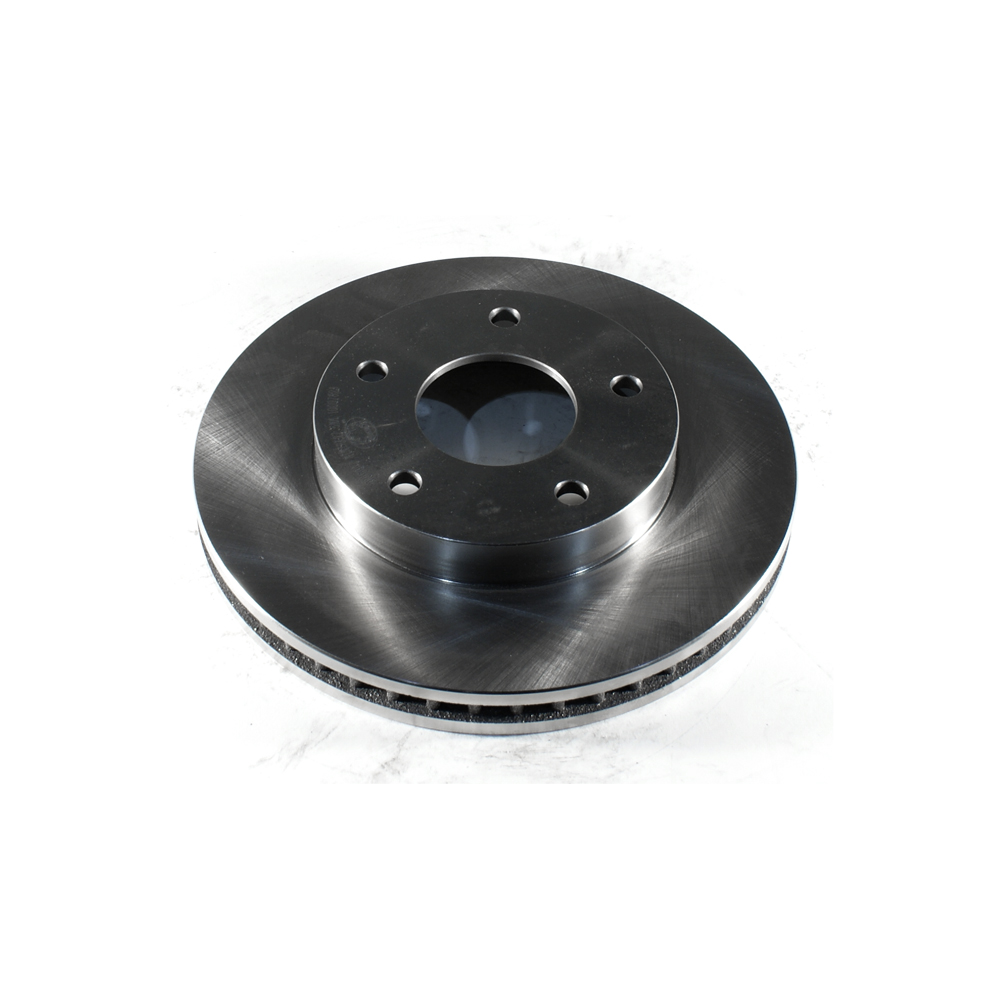
Part No: BR55047
Raybestos: 56694
OE: 18060691
Raybestos: 56694
OE: 18060691
$29.74 each
Per Car QTY: 2
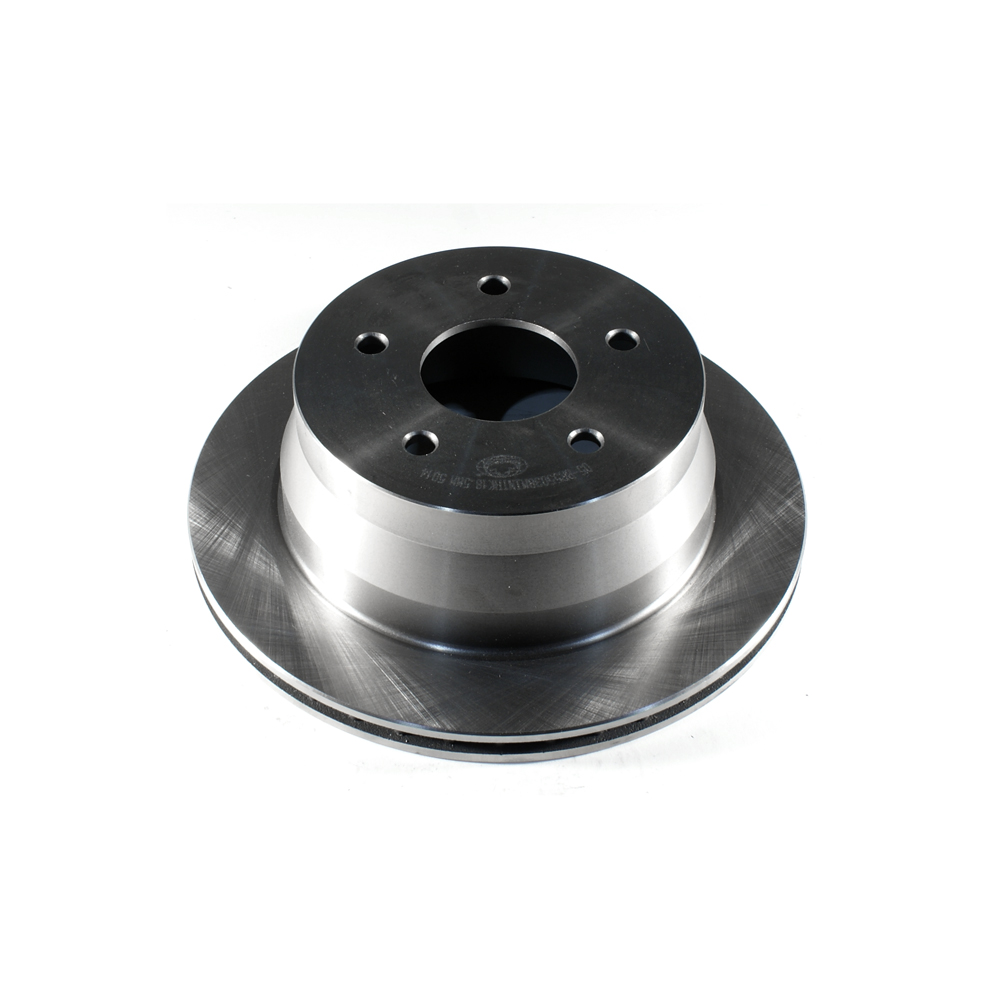
Part No: BR55038
Raybestos: 56707
OE: 15704667
Raybestos: 56707
OE: 15704667
$33.16 each
Per Car QTY: 2
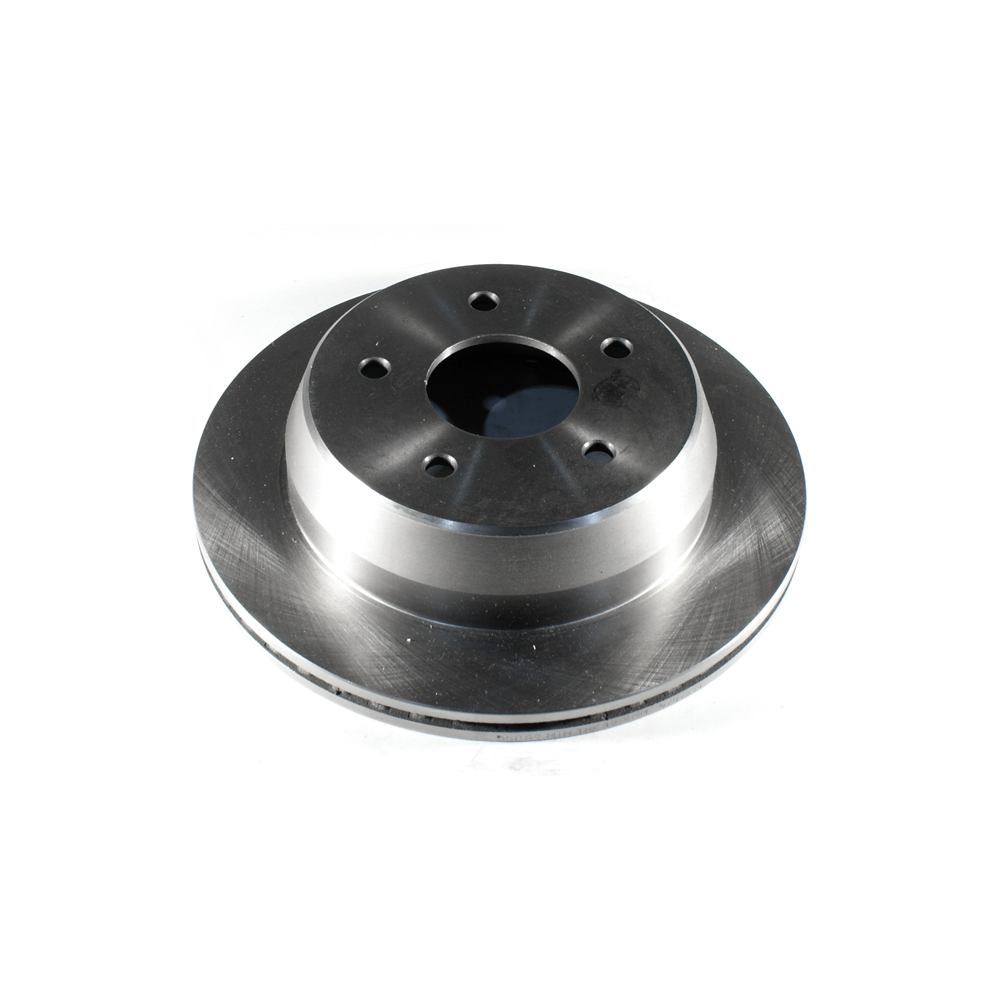
Part No: BR55049
Raybestos: 56725
OE: 15733196
Raybestos: 56725
OE: 15733196
$28.6 each
Per Car QTY: 2

Part No: PP55047
Raybestos: 56694
OE: 18060691
Raybestos: 56694
OE: 18060691
$42.21 each
Per Car QTY: 2
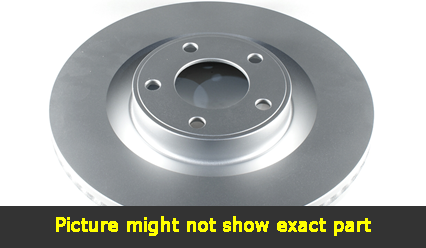
Part No: PP55038
Raybestos: 56707
OE: 15704667
Raybestos: 56707
OE: 15704667
$47.07 each
Per Car QTY: 2
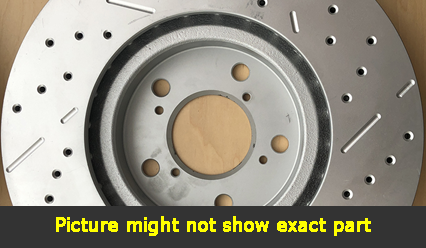
Part No: SP55047L
Raybestos: 56694
OE: 18060691
Raybestos: 56694
OE: 18060691
$74.61 each
Per Car QTY: 1
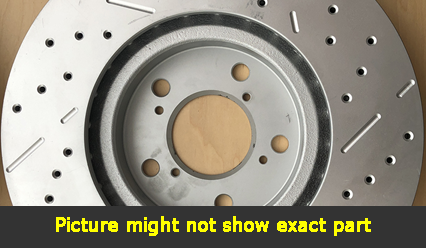
Part No: SP55047R
Raybestos: 56694
OE: 18060691
Raybestos: 56694
OE: 18060691
$74.61 each
Per Car QTY: 1

Part No: SP55038L
Raybestos: 56707
OE: 15704667
Raybestos: 56707
OE: 15704667
$79.47 each
Per Car QTY: 1
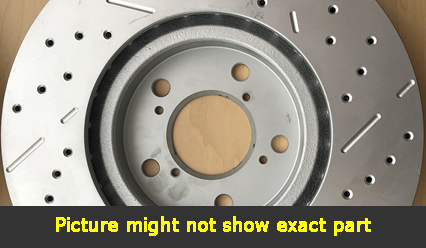
Part No: SP55038R
Raybestos: 56707
OE: 15704667
Raybestos: 56707
OE: 15704667
$79.47 each
Per Car QTY: 1

Part No: PD726C
Raybestos: 726
OE:
Raybestos: 726
OE:
$32.53 each
Per Car QTY: 1

Part No: PD729C
Raybestos: 729
OE:
Raybestos: 729
OE:
$29.75 each
Per Car QTY: 1
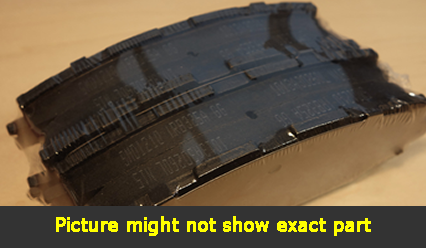
Part No: SMD726
Raybestos:
OE:
Raybestos:
OE:
$23.18 each
Per Car QTY: 1
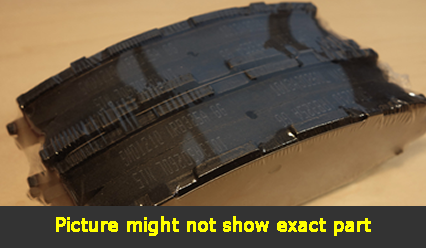
Part No: SMD729
Raybestos:
OE:
Raybestos:
OE:
$20.16 each
Per Car QTY: 1
Choosing the right brakes for your 2001 Chevrolet Blazer is essential for maintaining optimal safety and performance. Whether you are replacing worn-out brakes or looking for an upgrade, this article aims to provide you with the necessary information to make an informed decision. Here are some factors to consider when selecting brakes for your vehicle:
1. Brake Type:
There are several types of brakes available for the 2001 Chevrolet Blazer, including drum and disc brakes. Drum brakes are typically found in the rear, while disc brakes are used in the front. Disc brakes offer better stopping power, heat dissipation, and overall performance compared to drum brakes. Therefore, it is recommended to opt for disc brakes for enhanced safety and efficiency.
2. Vehicle's Driving Conditions:
Consider the typical driving conditions you encounter with your Chevrolet Blazer. If you frequently drive in urban areas with heavy traffic, you may prefer brakes that offer better responsiveness and immediate stopping power. Alternatively, if you often drive on hilly terrains or tow heavy loads, brakes that can withstand high temperatures and provide improved downhill control are advised. Selecting brakes that match your specific driving environment ensures maximum safety and reliability.
3. Brake Material:
Brake pads and rotors are typically made from various materials, each with its own advantages and drawbacks. Semi-metallic brake pads are the most common and offer excellent stopping power, but they can be noisy and generate more brake dust. Ceramic brake pads, on the other hand, produce less dust, operate quietly, and offer good stopping power. However, they tend to wear more quickly and are relatively expensive. Consider your priorities regarding performance, noise, dust, and longevity when choosing the brake material that best suits your needs.
4. OEM vs. Aftermarket:
Original Equipment Manufacturer (OEM) brakes are designed to match the original specifications of your Chevrolet Blazer. They guarantee compatibility, performance, and reliability as they meet the standards set by the vehicle manufacturer. However, they may be more expensive compared to aftermarket options. Aftermarket brakes can offer a wider range of choices in terms of performance, pricing, and material. Before selecting an aftermarket brake option, ensure that it is specifically designed for your 2001 Blazer, offers equivalent or better performance, and comes from a reputable brand.
5. Performance Considerations:
If you desire improved braking performance, there are aftermarket options available that offer enhanced stopping power, reduced fade, and better overall performance. High-performance brake pads and rotors, such as those made with carbon-ceramic or slotted and drilled designs, can provide better heat dissipation and increased braking power. However, keep in mind that high-performance brakes might generate more noise, produce additional brake dust, and come at a higher price point.
6. Budget:
Consider your budget when selecting brakes for your 2001 Chevrolet Blazer. Brakes come in a range of prices, and it's important to find the right balance between quality and affordability. While it's crucial not to compromise on safety, there are various options available that cater to different budgets. Conduct thorough research, compare prices from different sources, and ensure you prioritize both safety and performance within your budget constraints.
In summary, choosing the right brakes for your 2001 Chevrolet Blazer is crucial for maintaining safety, performance, and overall driving experience. Consider the brake type, driving conditions, material, OEM vs. aftermarket options, performance requirements, and budget when making your decision. With careful consideration, you can select brakes that are both suitable for your needs and offer the best balance between safety and value.
1. Brake Type:
There are several types of brakes available for the 2001 Chevrolet Blazer, including drum and disc brakes. Drum brakes are typically found in the rear, while disc brakes are used in the front. Disc brakes offer better stopping power, heat dissipation, and overall performance compared to drum brakes. Therefore, it is recommended to opt for disc brakes for enhanced safety and efficiency.
2. Vehicle's Driving Conditions:
Consider the typical driving conditions you encounter with your Chevrolet Blazer. If you frequently drive in urban areas with heavy traffic, you may prefer brakes that offer better responsiveness and immediate stopping power. Alternatively, if you often drive on hilly terrains or tow heavy loads, brakes that can withstand high temperatures and provide improved downhill control are advised. Selecting brakes that match your specific driving environment ensures maximum safety and reliability.
3. Brake Material:
Brake pads and rotors are typically made from various materials, each with its own advantages and drawbacks. Semi-metallic brake pads are the most common and offer excellent stopping power, but they can be noisy and generate more brake dust. Ceramic brake pads, on the other hand, produce less dust, operate quietly, and offer good stopping power. However, they tend to wear more quickly and are relatively expensive. Consider your priorities regarding performance, noise, dust, and longevity when choosing the brake material that best suits your needs.
4. OEM vs. Aftermarket:
Original Equipment Manufacturer (OEM) brakes are designed to match the original specifications of your Chevrolet Blazer. They guarantee compatibility, performance, and reliability as they meet the standards set by the vehicle manufacturer. However, they may be more expensive compared to aftermarket options. Aftermarket brakes can offer a wider range of choices in terms of performance, pricing, and material. Before selecting an aftermarket brake option, ensure that it is specifically designed for your 2001 Blazer, offers equivalent or better performance, and comes from a reputable brand.
5. Performance Considerations:
If you desire improved braking performance, there are aftermarket options available that offer enhanced stopping power, reduced fade, and better overall performance. High-performance brake pads and rotors, such as those made with carbon-ceramic or slotted and drilled designs, can provide better heat dissipation and increased braking power. However, keep in mind that high-performance brakes might generate more noise, produce additional brake dust, and come at a higher price point.
6. Budget:
Consider your budget when selecting brakes for your 2001 Chevrolet Blazer. Brakes come in a range of prices, and it's important to find the right balance between quality and affordability. While it's crucial not to compromise on safety, there are various options available that cater to different budgets. Conduct thorough research, compare prices from different sources, and ensure you prioritize both safety and performance within your budget constraints.
In summary, choosing the right brakes for your 2001 Chevrolet Blazer is crucial for maintaining safety, performance, and overall driving experience. Consider the brake type, driving conditions, material, OEM vs. aftermarket options, performance requirements, and budget when making your decision. With careful consideration, you can select brakes that are both suitable for your needs and offer the best balance between safety and value.


